Articles by Anna Azvolinsky

Based on a review of prostate cancer treatment and screening trials, the U.S. Preventive Services Task Force (USPSTF) has stated that prostate-specific antigen (PSA)–based screening may not be necessary, saying that the potential benefits of the screening do not outweigh the potential harm of complications from evaluations and treatments.

A recent epidemiology study by the NCI has found an almost four-fold increase of cancer survivors since 1971: 11.9 million in 2008 compared with 3 million in 1971, and the authors of the study expect a 42% increase in the number of older adult survivors in the next 10 years.

of a prospective biomarker analysis for the phase III SATURN trial in NSCLC patients taking erlotinib as maintenance therapy now show that those with activating EGFR mutations had extended progression-free survival compared to patients with KRAS mutations.

With personalized medicine focusing on patient subpopulations, smaller, faster trials may improve cancer patient survival and facilitate availability of new treatments.

Highlights of the late-breaking data presentations in advanced melanoma and colorectal cancer from the European Multidisciplinary Congress held in Stockholm, Sweden, September 23-27, 2011.

Dr. Josep Tabernero of the Vall D'Hebron University Hospital in Barcelona presented the positive results of the VELOUR study on Sunday September 25, including the newly presented pre-specified subgroup analysis. The primary endpoint results had been reported at the ESMO/WCGC meeting earlier this year.

This phase I/II trial assessed the efficacy of mFOLFOX6 with either BIBF 1120, an oral anti-angiogenesis agent, or with bevacizumab, an anti-angiogenesis antibody, in chemotherapy-naïve patients with metastatic colorectal cancer (mCRC). Patients were randomized 2:1 to the BIBF 1120 and bevacizumab arms, respectively.

Radium-223, an alpha particle given intravenously, has been shown to improve overall survival in men with castrate-resistant prostate cancer (CRPC), with a 30% risk reduction of death (HR = 0.695, P = 0.00185).

The European Multidisciplinary Cancer Congress, taking place from September 23rd to the 27th in Stockholm, brings together the European oncology community and is a joint effort between the European Society for Medical Oncology (ESMO), the European Cancer Organization (ECCO) and the European Society for Therapeutic Radiology and Oncology (ESTRO).

In an online-first article in Nature Chemical Biology (DOI: 10.1038/nchembio.695), Sebastian Nijman of the CeMM–Research Center for Molecular Medicine of the Austrian Academy of Sciences in Vienna and his colleagues describe the development of a chemical genetic approach that has identified mechanisms that can lead to resistance to PI3K inhibitors used as cancer treatments.
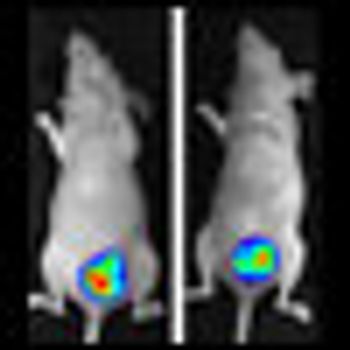
To improve staging, debulking, and prognosis in cytoreductive surgery, researchers in the Netherlands and Germany have developed a fluorescence imaging technique to visualize ovarian tumors.

Highlight of the Importance of Translational Medicine in Ovarian Cancer

A superior overall survival with pegylated liposomal doxorubicin (PLD, Doxil) given with trabectedin (T) compared to PLD monotherapy has been demonstrated for advanced, relapsed ovarian cancer.

Collaborating scientists at the Department of Biological Engineering at MIT and the Center for Systems Biology at Harvard University have created an engineered biological system that senses and integrates multiple inputs and can precisely regulate the biology of a living cell. This type of approach could be useful to engineer anti-cancer therapies that are able to distinguish a cancer from a non-cancer cell, inducing apoptosis in the cancerous cells.
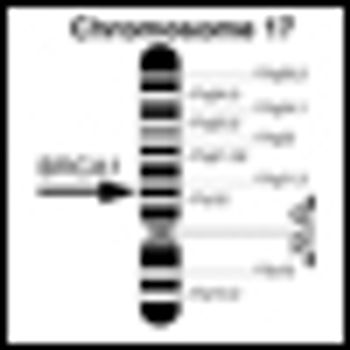
The results of a study that tracked BRCA mutation carriers suggest that women who inherit BRCA gene mutations develop cancer at a younger age than women in the previous generation. The study is published on-line today in the journal Cancer.

The European Society of Gynaecological Oncology (ESGO) biennial meeting is taking place in Milan, Italy, and will run from September 11-14, 2011.

Researchers have identified that “maintenance of global heterochromatin integrity” is a novel function of BRCA1 gene, and propose that this DNA-silencing function is linked to the role of BRCA1 as a tumor suppressor, in an article published in Nature.

A phase II trial of BIBF 1120 (Vargatef) in women with relapsed ovarian cancer that were previously treated with chemotherapy showed that BIBF 1120 given as maintenance therapy resulted in improved progression-free survival rates.

Scientists at Jennerex, Inc. in San Francisco, and collaborators from University of Pennsylvania and the University of Ottawa in Canada have just engineered a poxvirus, JX-594, to selectively replicate in tumor cells that have an activated EGFR/ Ras pathway, but not in normal tissue.
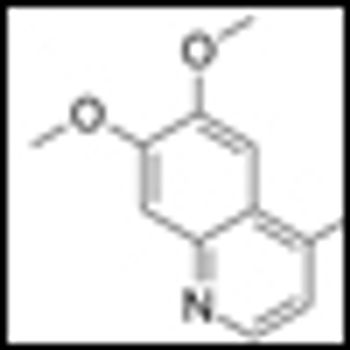
Cabozantinib (cabo), formerly known as XL184, has recently shown unprecedented activity against bone metastases in prostate cancer patients in a phase II trial.

A study published online in the American Cancer Society journal Cancer suggests that when women stop going to their doctors for hormone therapy prescriptions, the physicians do not remind them to get a mammogram.

Janet Woodcock, the Director of the Center for Drug Evaluation and Research (CDER) at the FDA and her colleagues recently discussed the development of the U.S. BioSimilars Program in a perspective in the NEJM
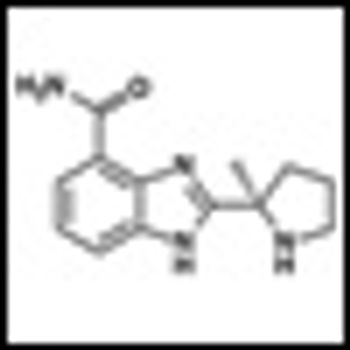
Results of a Phase I study of the novel Poly(ADP-ribose) polymerase (PARP) inhibitor veliparib (ABT-888) in solid tumors and lymphoma have just been published in Cancer Research (doi:10.1158/0008-5472.CAN-11-1227).
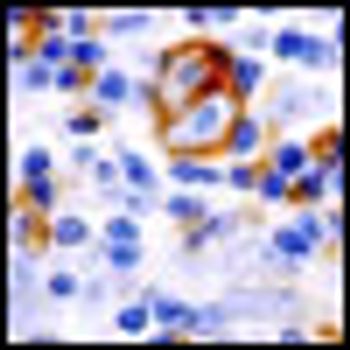
Researchers at the University of Chicago and colleagues have identified two variants on chromosome 6q21 that are associated with second malignant neoplasms (SMNs) in survivors of pediatric Hodgkin’s lymphoma. The SMNs are linked to radiation therapy used to treat the pediatric cancer.

Researchers have found that patients with early, localized prostate cancer benefit from short-term androgen-deprivation therapy (ADT) for 4 months prior to and during radiotherapy, and that the addition of ADT increases overall survival and decreases mortality.
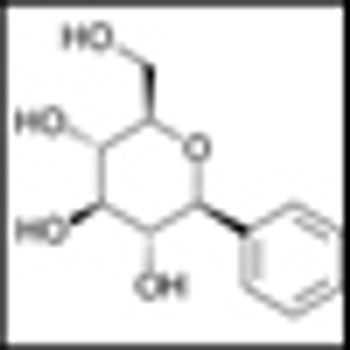
Dapagliflozin, the experimental diabetes medication being developed by Bristol-Myers Squibb and AstraZeneca was found to raise the risk of both bladder and breast cancers. The data were presented at the American Diabetes Association Meeting in San Diego, Calif. at the end of June.
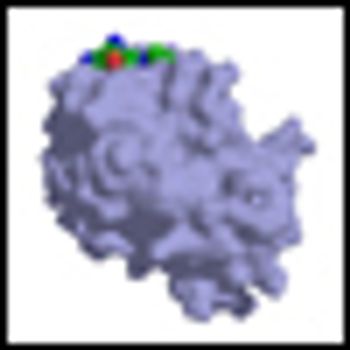
Scientists at the Center for Translational Pathology and the department of urology at the University of Michigan Medical School have developed a new noninvasive urine test for prostate cancer that may be able to stratify patients by risk.

Researchers at the Institute for Cancer Research (ICR) in London, driven by the unmet need of personalized cancer treatments for a greater subset of tumors have identified genes in breast tumor cells that sustain and grow the tumors that are potential targets for drug development.

A fairly simple and inexpensive fecal occult blood test (FOBT) that detects blood cells in a person's stool sample has been found to be an effective way to screen for colon cancer. The prospective, 2796 asymptomatic participants from Taiwan participated in the study that was published only on August 2, 2011 in the Canadian Medical Association Journal (DOI:10.1503/cmaj.101248).

With the continuing increase in the utilization of smartphone applications (apps), the Food and Drug Administration (FDA) has decided to jump on the bandwagon. The goal for the FDA is to provide accurate and up to date information for consumers and patients, partly to address the increasing number of ‘health’ applications that may not always be accurate or from reliable sources.





















